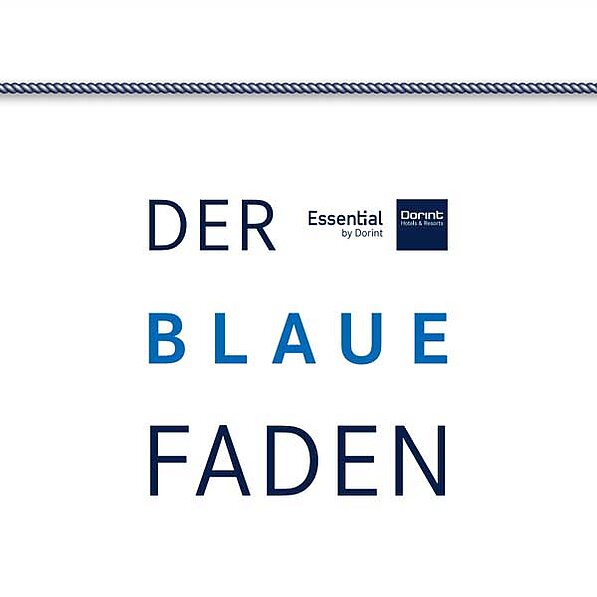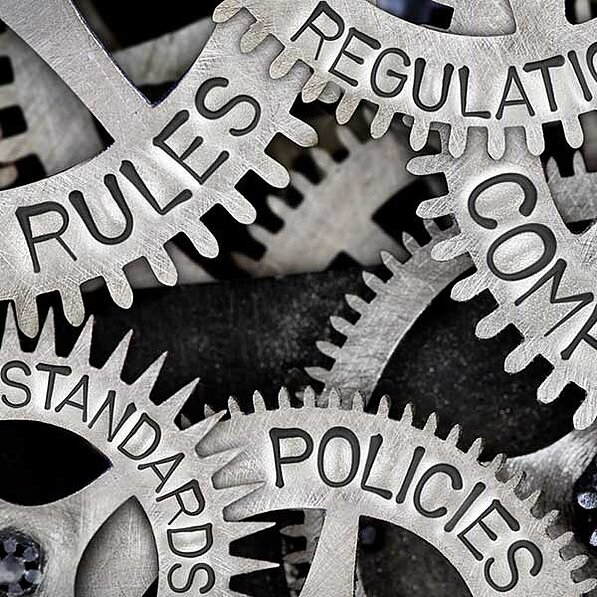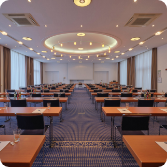Code of conduct for employees
This Code of Conduct defines our principles and requirements for our direct and indirect employees.
The Code of Conduct was developed, if and insofar as necessary, in close consultation and trusting cooperation with the relevant works council and the central works council and will be further developed in the future in mutual cooperation with these bodies. In the event of questions, infringements, criticism and suggestions, the relevant works council or the central works council is always available to employees.
1. role model and personal integrity
As role models, employees review their actions and the associated values with regard to compliance with the principles and values of the Code of Conduct and their personal values. Acting credibly and with integrity is regarded as a high value.


2. respect and esteem
Employees respect each other regardless of their social and health situation, partnership requirements, personal opinions and values, as well as their positions within the company structure. This requires respect for the rights of others as well as compassion and consideration for others.
3. collegial interaction
Respect and dignity, health, quality of life, professionalism and mutual helpfulness are the goals of collegial cooperation. Psychological and physical aggression such as bullying, coercion and duress blatantly contradict morally acceptable interaction with one another.


4. appreciative and transparent communication
Mutual appreciation characterizes the interaction between employees and is expressed in the form of collegial and transparent communication. This means openness to criticism, willingness to engage in dialog and discourse, and recognition of the associated rules of discourse.
5. responsible leadership and cooperation
Employees in management positions are aware of their responsibility and promote a tension-free working environment through thoughtful statements and decisions. All employees are committed to the tasks assigned to them and work together as colleagues to solve challenges.


6. compliance with agreed rules
Employees comply with agreed rules. These include the company's respective mission statements, the house rules of the respective company and compliance guidelines.
7. responsible use of resources
Employees use resources wisely, economically and socially and ecologically in accordance with the agreed sustainability goals.


8. constructive cooperation in working groups
Constructive cooperation in working groups requires transparency, openness, fairness and correctness, as well as the commitment of each member within the working group. In collective decision-making processes, the individual member assumes the responsibility of working to the best of their knowledge and belief for the benefit of the community and the company.
9. open and transparent opinion-forming and decision-making in working groups
Managers and leaders of working groups lead opinion-forming and decision-making processes in such a way that all members have an equal opportunity to contribute their opinions and ideas.







